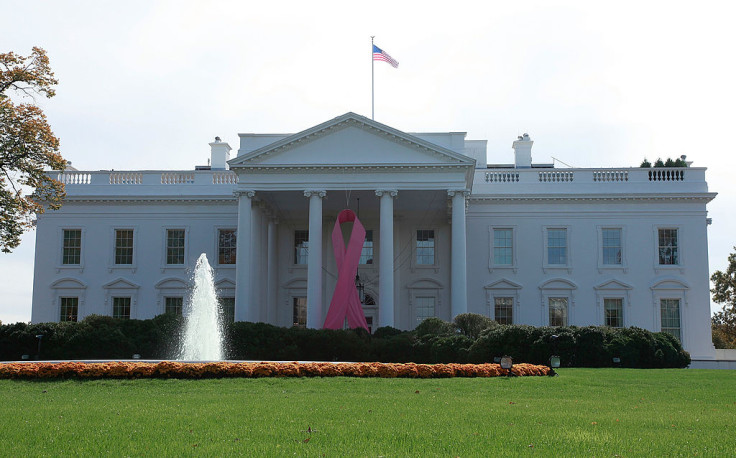
SEATTLE - Each year, about 300,000 people living in the United States get diagnosed with cancer. One of the most common types of cancer that affects women is breast cancer, which accounts for about 30% of all cancer cases. That is why each October, the entire nation celebrates Breast Cancer Awareness Month (BCAM), a way to educate people about the disease, promote early detection and access to timely, high-quality care.
The disease is the second leading cause of cancer death in women, only surpassed by lung cancer. And although breast cancer impacts all women, experts say that Latinas are particularly affected by it, as they are more likely to be diagnosed at later stages, when it is more difficult to treat.
On top of being diagnosed at later stages, Latinas are more at risk of dying than other groups, as Hispanics are the least likely to have health insurance of any racial or ethnic group living in the U.S., making them 30% more likely to die from breast cancer than non-Hispanic white women.
As part of its Breast Cancer Awareness Month campaigns this year, the National Breast Cancer Foundation has launched an initiative called "Una En Ocho Mujeres," aimed at Latinas living in the U.S. The initiative aims to inform Hispanic women about breast cancer and to support them in accessing quality care, treatment and local health resources that will contribute to decrease the morality rate among the demographic.
According to Cinthia Gonzalez, Director of Education & Outreach at NBCF, in 2024, an estimated 195,300 cancer cases are expected to be diagnosed in Hispanic individuals living in the U.S., and 30% of those will be breast cancer.
That is why "Una En Ocho Mujeres," as well as the awareness campaign "Ama a tu familia amándote primero" will focus on developing educational materials on breast cancer in Spanish.
Gonzales says that there are several reasons why Latinas are more at risk of dying from breast cancer than other groups. She told The Latin Times that "fear, misinformation and stigma surrounding breast cancer are some of the barriers that Latino communities face" which could contribute to a successful or unsuccessful outcome.
The initiatives launched by NBCF will focus on developing educational materials on breast cancer in Spanish. It also plans to host outreach events in underserved communities to raise awareness about breast health and to promote access to local screening and diagnostic services.
The foundation has also created a website completely in Spanish that contains information about other NBCF-funded programs, educational material and direct support for Spanish-speaking patient advocates on how to access healthcare resources.
"Our initiatives provide culturally-relevant information and breast care resources to reach our Latino communities and the women that hold these communities together," Gonzalez said.
Breast Cancer Awareness Month is also celebrated at a global level. In 2021, the World Health Organization (WHO) launched the Global Breast Cancer Initiative that seeks to reduce mortality rates by 2.5% per year by 2040, saving 2.5 million people.
© 2024 Latin Times. All rights reserved. Do not reproduce without permission.











